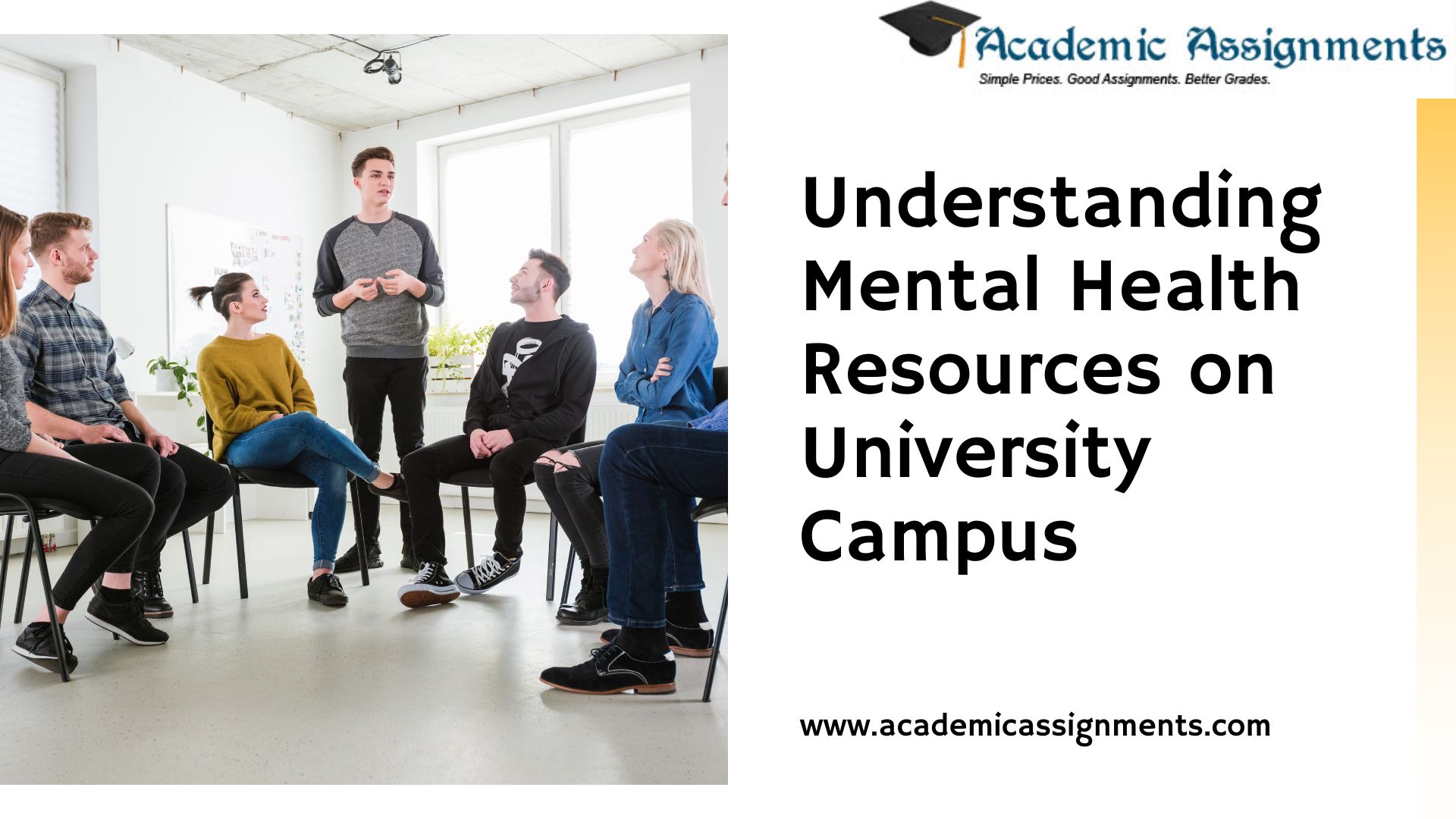Understanding Mental Health Resources on University Campus
Most university students enjoy their time in college, embracing new friendships, freedoms, and hobbies. However, it is common to encounter challenging moments, such as altering to being away from home, managing mental health or coping with exam stress issues.
Reading University’s student association recently ranked first in a table of mental health support services. From that, Welfare officer Poppy Lindsey says that “everyone will face challenges at some point because it’s a significant and overwhelming experience.” Nevertheless, she adds that people are surprisingly supportive and willing to assist.
Universities are expected to provide counselling services and advise students on noting with a local GP or medical centre in case of any medical emergency. However, some universities, like Reading University, are going beyond this to provide more extensive support.
Poppy Lindsey, a 20-year-old student welfare officer at Reading University, says, “I have many buddies who have accessed support at Reading. I struggled with panic attacks and anxiety and discovered counselling was a very favourable experience. People are generally very open about their mental health.” The University’s student association has been campaigning to raise awareness about mental health issues, resulting in a more positive attitude among students towards mental health. The University spends almost 70 pounds per student on student welfare and has adopted a comprehensive strategy for mental health support, including providing staff mental health first aid training.
The Unwind with RUSU event is held annually at Reading University during exam season to help students de-stress. The event provides various activities, including painting, gardening, and a petting zoo. Students can also attend relaxation rooms, wellness sessions, and yoga and meditation classes. Poppy Lindsey, a government assistance officer at Reading University, says that the students’ association aims to ensure every student feels included and can access support if needed.
Such measures are needed as more students encounter mental health issues following the pandemic. According to an Office for National Statistics survey in October 2021, 37% of students reported moderate to intense depression, and 39% experienced some anxiety. In June, the government announced £3 million to enhance mental health services for students, and the Office for Students will provide a further £15 million to fund student mental health support. Additionally, a tsar has been selected to oversee student well-being.
The accessibility of mental health services differs between universities. Middlesex University has a system for mental health emergencies where students can report concerns and receive immediate assistance from the appropriate expert. At Cardiff University, dedicated mental health nurses are available. Jua O’Kane, a 24-year-old illustration student at Plymouth University, found that meeting regularly with a mental health support officer was more productive than counselling. The support officer taught meditation, provided a relaxed space to talk, and helped O’Kane solve problems. The officer intervened during various crises and was a valuable resource in helping O’Kane manage when they were struggling.
Universities boost students and staff to receive mental health first aid training, and private tutors offer pastoral care to students. Additionally, mental health studios can help individuals delve deeper into their mental health and support others. In 2019, Student Minds, a mental health charity, established a University Mental Health Charter, facilitating institutions to strive to provide optimal care for students. Ucas allows candidates to declare mental health issues, and this has helped some students with OCD to receive additional time for exams and papers. There has been a rise in online help for mental health, from counselling to therapy apps. Depression and loneliness can be exacerbated by living housing options. Dr Nicola Byrom, founder of Student Minds and a senior lecturer in psychology at King’s College London, highlights the increase in upmarket housing, with students often living sole instead of in-house and traditional halls shares where they can meet new people and build friendships.
The Students Against Loneliness group was established at King’s College London, providing phone check-ins and group activities such as walks to combat feelings of isolation. Feeling a sense of belonging is essential for good mental health at University. Aneeska Sohal, a team captain for the Psyche foundation and an Oxford student studying Modern South Asian Studies, created the podcast Everything Mental Health. Students discussed different things that helped them, such as a student hospital radio show that played music for patients to boost their morale. Sohal’s experience leading the University of York Student Minds group gave her a community and prepared her for her career. Universities should recognize that mental health and well-being support is crucial to the student experience, providing young people with tools to support them in later life.
Author Bio: Mark Edmonds is a healthcare expert and writer at Academic Assignments, a top-notch assignment writing services provider. With extensive experience in the healthcare industry, Mark specializes in providing high-quality healthcare assignment help to students. In addition to his professional work, Mark is a passionate writer who has just published an article on Understanding Mental Health Resources on University Campuses. His insightful writing provides valuable information and guidance to students seeking mental health resources on campus.

 Blogs
Blogs +44 207 5588165
+44 207 5588165

